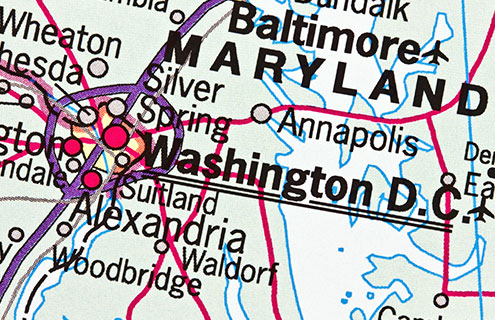Key benefits of the Terrorism Risk Insurance Program Reauthorization Act (TRIPRA) of 2015 for US captives include premium savings and broader coverage, according to a new report from Marsh.
The terrorism backstop was renewed for another six years after President Barack Obama signed it into law in January.
TRIPRA, which does not expire until 31 December 2020, includes a gradual rise in the backstop trigger to $200 million in losses, increasing from the current $100 million by 20 percent per year.
The trigger for nuclear, chemical, biological and radiological (NCBR) losses, however, will remain at $100 million. The extension also includes a 20 percent copayment (up from 15 percent in the expired bill).
The report from Marsh said that US captives could enjoy premium savings under TRIPRA if there is no terrorism loss, as premiums paid to a related party are retained on a consolidated basis.
Captives can also offer coverages that are often restricted by or unavailable from commercial insurers, including for NBCR attacks, cyber risks and contingent time element losses.
US captives wishing to access TRIPRA must consider, among others, the coverage limitations created by the backstop’s trigger, loss certification requirements, and $100 billion programme cap, and be aware of terrorism risks that are not covered by the act, such as terrorism losses occurring outside of the US.
They should also remember that the Department of the Treasury has cautioned captive owners about the inherent conflict of interest and unusual level of control a policyholder has over an insurer in a captive insurance transaction.
“The warning emphasises that captive owners should not take actions that would improperly reduce an organisation’s overall share; for example, captive insurers should not deliberately underprice the premium in order to reduce the captive’s TRIPRA deductible,” explained the report.





